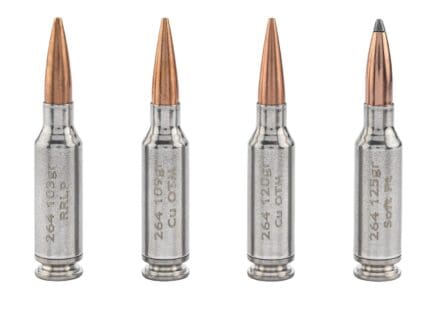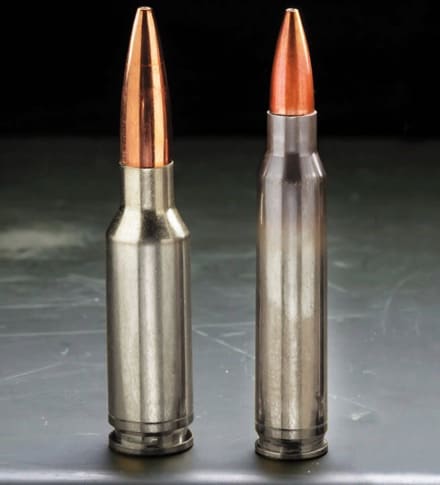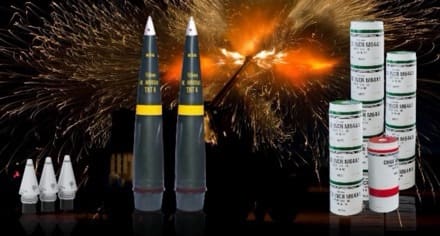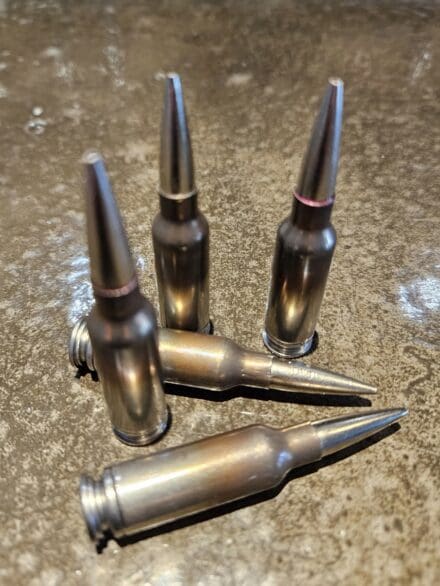ALPHARETTA, GA, June 12, 2025 – BlackPoint Tactical, a High Speed Gear Products Group brand, known for premium American-made tactical solutions, proudly announces the launch of its latest product: the 40mmStock Adaptor Plate (SAP) System featuring the 40mm Grenade Pouch, a product collaboration with RE Factor Tactical. Designed for professional use in demanding environments, the SAP System provides a modular, mission-adaptable option to carry and protect 40mm rounds directly attached to the launcher stock.

The SAP is constructed from 0.125 aircraft-grade KYDEX®, contoured precisely to the stock profile for a secure, low-profile fit. Engineered to maintain full access to all stock controls, the SAP attaches easily with a cut-to-length Velcro® system, ensuring quick installation and removal. Operators can choose between three- or four-round configurations, enhancing loadout flexibility without compromising comfort or maneuverability.
The key feature of this platform is the 40mm Grenade Pouch, developed and manufactured in collaboration with RE Factor Tactical. It offerssecure, adaptable retention for multiple munition types. The 40mm Pouch boasts:
• Height adjustability for accommodating munition types from less lethal to HE rounds
• Optional cover cap encapsulates the round rim and primer for maximum round protection.
• Dual or single-point retention options for tailored deployment preferences
• Circumferential bungee for consistent retention on the internal locking bar
• Flexible, impact-resistant construction for rugged performance
• Modular mounting compatibility (MOLLE, belt, rifle, vehicle platforms)
• Patent #US2016/0102956
“Our design team set out to address real-world operator needs—delivering a secure, protected, and modular mounting system to affix the pouchesdirectly to the stock,” said Gary Robbins, Director of Law Enforcement Business Development at High Speed Gear. “This new Stock Adaptor Plate with 40mm integration gives end users an unmatched advantage in versatility and speed.”
The new SAP with 40mm pouch is available now through High SpeedGear Products Group authorized dealers, the BlackPoint Tactical website, and soon from the RE Factor Tactical website. As with all BlackPoint Tactical products, the system is Made in the USA and backed by a lifetime warranty.
For more information about the 40mm Stock Adaptor Plate, please visit www.blackpointtactical.com/shop/40mm-stock-adapter-plate-sap-system





























































































































